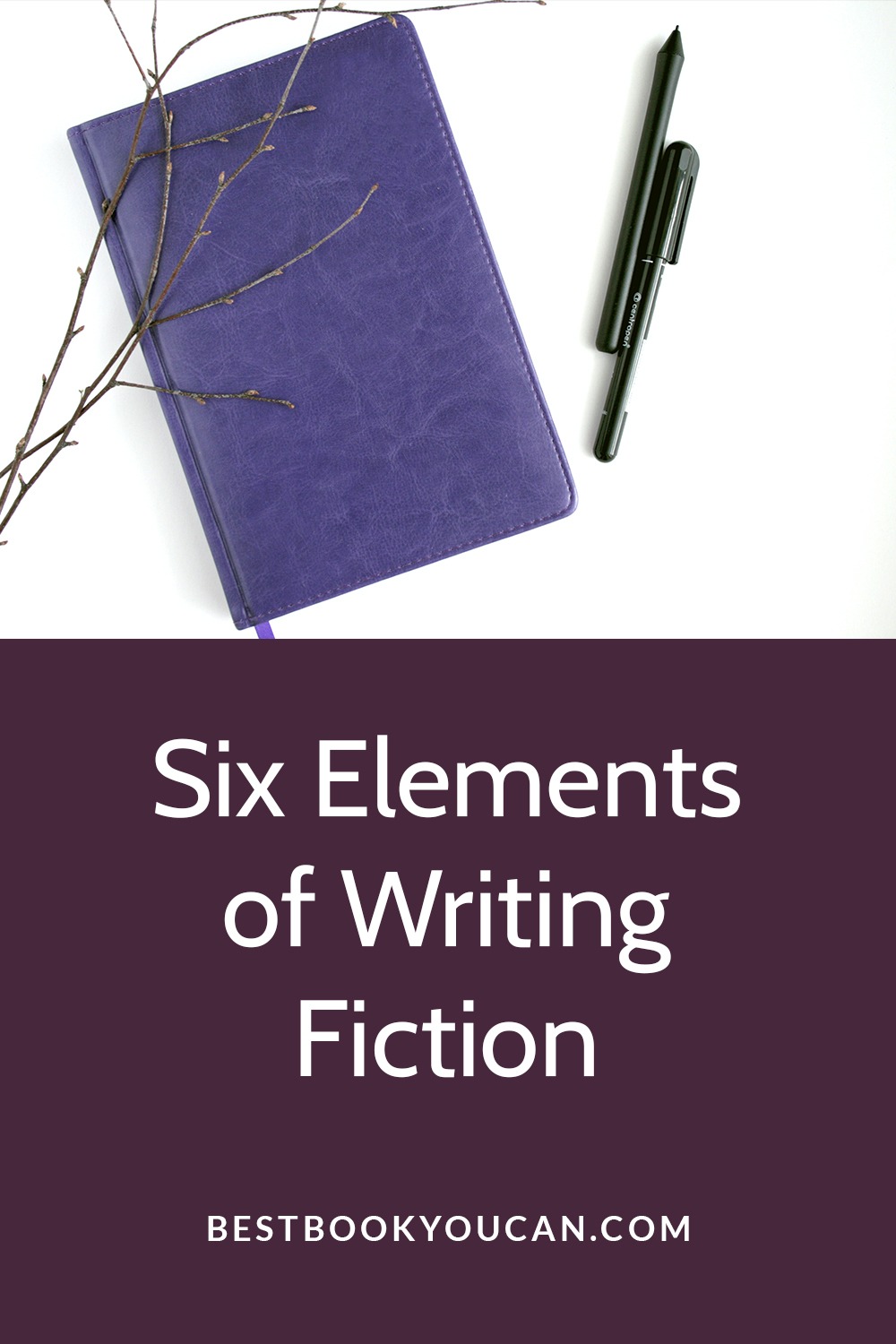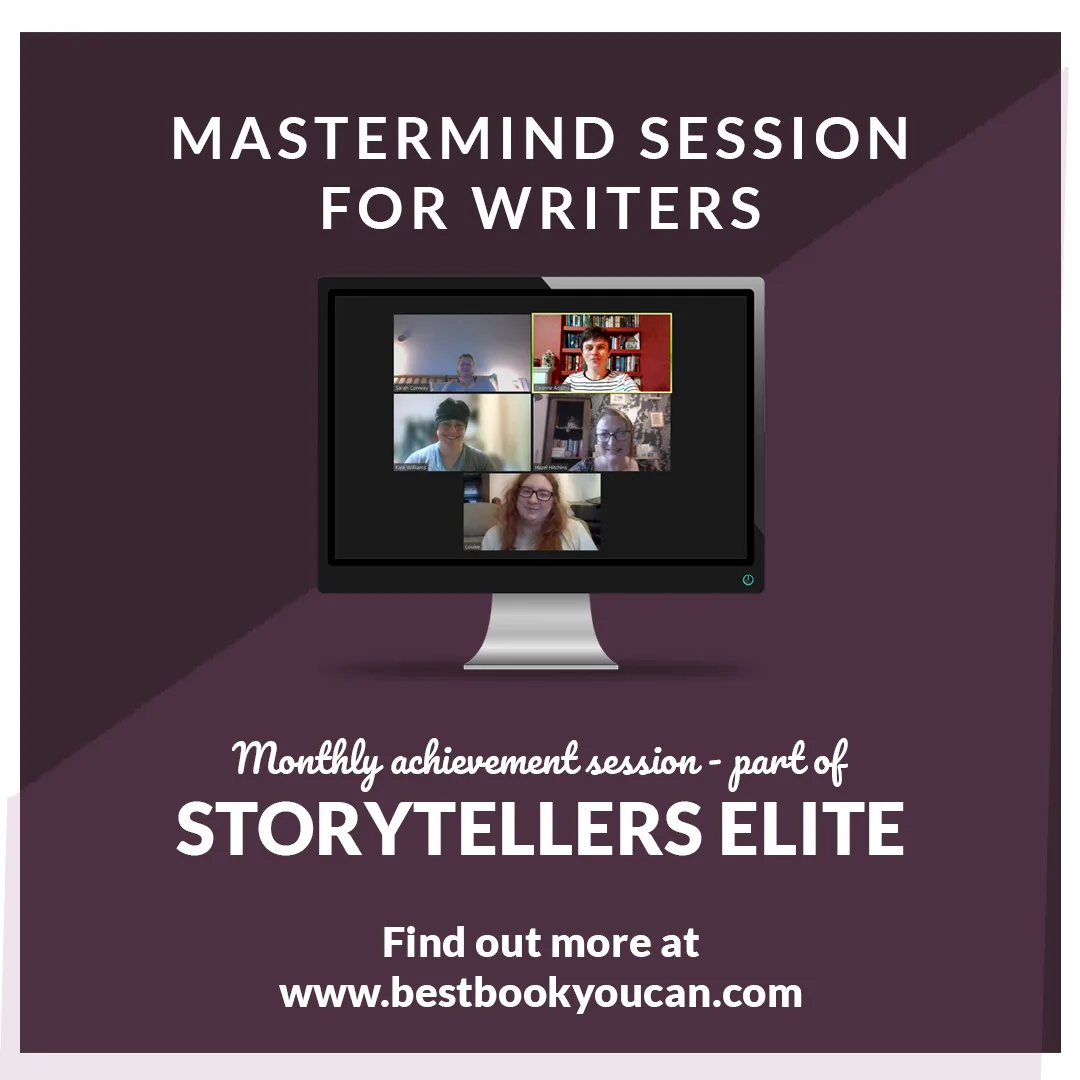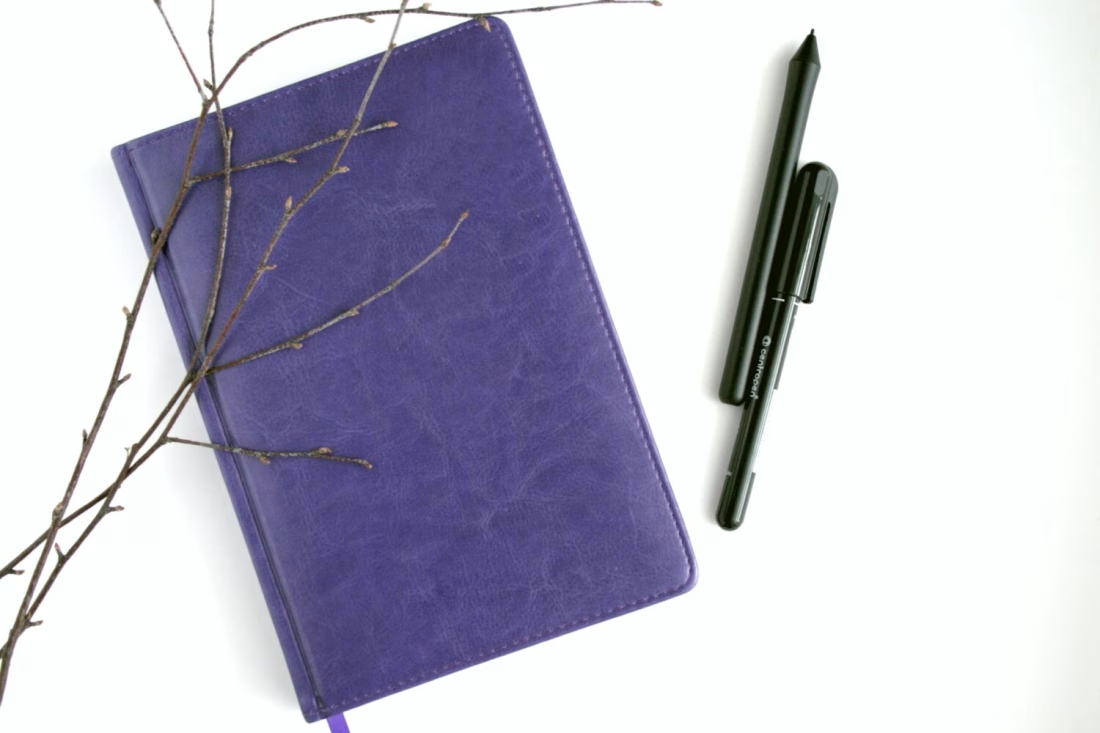How Do I Find an Original Story Idea?
It’s common for writers or aspiring writers to think they need to find a completely original idea for their novel. I talk to a lot of people who tell me they feel disappointed because they had a great idea for a novel they wanted to write, but then they discovered the book had already ‘been done’.
They might have shared their idea with a friend who told them, “That sounds like this book I read called XYZ,” or, “You mean like that film with so-and-so in it?” Perhaps they started planning out the scenes or were halfway through writing the manuscript when they got the bad news.
If this is you, I have good news for you. This news means that you should dig those notes and half-written novel out of the drawer.
Original Stories Aren’t About Original Ideas
There’s a common misconception among newer writers that they have to write about an idea that has never been written about before.
Completely new ideas are few and far between. That’s the first fact you have to accept. It doesn’t mean you’ll never have one of these rare ideas. Perhaps you’ll strike this story gold. But you mustn’t sit around, not writing, waiting for one of them to fall into your path. There are infinite stories worth telling that aren’t based on a thunderbolt of a new premise or concept.
This leads on to a second fact.
Originality in a story comes most often from the way in which it is told, not from the concept or kind of plot. The Harry Potter series is not the first set of novels set in a school of magic. Jurassic Park was not the first story to explore what happens when humans meet dinosaurs.
You can write about a child with magical powers. You can write about monsters threatening the survival of your heroes. You can write about a mysterious organisation keeping an important secret. You can write about the wives of Henry VIII and their dangerous husband.
Ideas are important, of course. But much more important is the way you present your story.
Six Elements of Fiction
Consider the following six elements of fiction:
- Who are the important characters in your story? Create them from the ground up. If you create your own characters to live in your story, and they behave in ways that show their individuality, you have an original story.
- Where is your story set? Places have their own character and you’ll write your story in a way it would happen in that particular setting.
- Whose story are you following? In other words, which of your characters’ point of view are you going to deliver the story from? The Other Boleyn Girl took the famous story of Anne Boleyn and delivered it from a different perspective, that of Anne’s sister, Mary. Whose perspective could you tell the story from?
- What events are you going to focus on? How will your plot develop? The options for this are unlimited.
- Why is your story important? Consider your theme. What is your story really about?
- How will you develop your writing style? The difference between a great story and a bad story is often the skill of the writer with syntax, imagery, word choice, structure – and knowing what to leave in and what to take out. Two writers might have the same idea at the same time. The successful one will be the one that gives their readers a well-written story.


Mastermind for Writers
Joining Storytellers Elite gives you the accountability, guidance and community you’ve been looking for. If you're a writer with long term goals, find out how to become a member.
All genres of fiction and experience level welcome because everyone can only make progress from where they are right now.

DEANNE ADAMS - STORY COACH AND MENTOR
I care passionately about words and stories. As a Story Coach and Mentor, I help writers to tell irresistible stories. I offer courses, memberships and programmes to suit beginners, developing writers and those ready to become the writer they've been trying to be for years.
Learn how to 'Show more than you tell' in your writing with my free workbook - your guide to an engaging storytelling style. You can also follow me on Facebook or join my Patreon for more tips to support your writing journey.



0 Comments